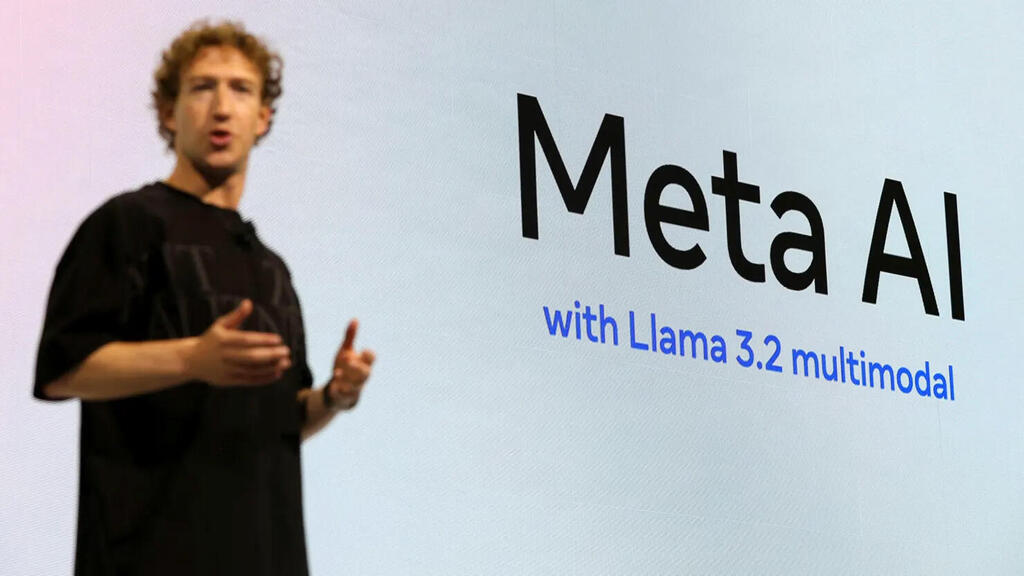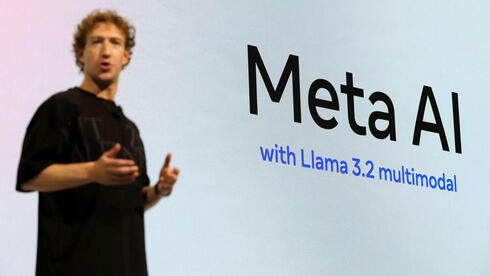
From Safe Superintelligence to Thinking Machines, everyone’s saying no to Meta
Zuckerberg's aggressive AI push faces cultural resistance and ethical doubts.
Meta has both a shortage and a surplus. The shortage: talent and AI capabilities that would allow it to compete head-to-head with companies like OpenAI and Google. The surplus: cash - lots of it. In such a situation, the surplus often becomes the solution to the shortage. As a result, Meta is opening its coffers, reportedly willing to spend tens, even hundreds of millions of dollars to recruit top talent and capabilities in the field.
But there’s one major problem: the hottest names in AI aren’t eager to join Meta, even for all the money in the world. Despite aggressive efforts, Meta continues to lag behind leading AI companies. Its latest model, Llama 4, has delivered underwhelming results in various benchmarks.
Meta now finds itself competing not only with the proprietary models of OpenAI and Google, but also with new open-source challengers, such as R1 from China’s DeepSeek, which stunned the world in January with performance approaching that of top-tier models, but at dramatically lower training costs.
Founder and CEO Mark Zuckerberg is reportedly frustrated with the pace of Meta’s AI progress. One of the core challenges: a shortage of elite developers and researchers, those responsible for many of the field’s biggest breakthroughs.
Last week, Meta took a significant step toward closing that gap by signing a $14.3 billion deal to acquire 49% of AI infrastructure startup Scale AI. While the stake itself is notable, the true prize is a personal one: Scale AI’s 28-year-old founder, Alexander Wang, will join Meta in a senior leadership role.
This is a major coup. Wang, who founded Scale AI at age 19, is now one of the world’s youngest billionaires. According to the Financial Times, he is one of the most well-connected figures in Silicon Valley. “There are very few companies that have deep relationships with every leading research team: there’s Scale AI, and there’s Nvidia,” said Dan Levine of Accel, a Scale AI board member. “And Nvidia CEO Jensen Huang probably wouldn’t want a job at Meta.”
Meta desperately needs Wang’s network. Despite its cash reserves and flashy acquisition attempts, Meta has struggled to lure top-tier talent.
Last week, OpenAI CEO Sam Altman claimed Meta had embarked on an aggressive hiring spree, offering outrageous sums to poach OpenAI employees. "They (Meta) started making giant offers to a lot of people on our team," Altman said on the Uncapped podcast, hosted by his brother. "You know, like $100 million signing bonuses, more than that (in) compensation per year. At least, so far, none of our best people have decided to take them up on that."
A week earlier, Bloomberg reported that Meta had failed to recruit Noam Brown, a prominent OpenAI researcher, and Koray Kavukcuoglu, one of Google DeepMind’s top AI scientists, who instead was appointed Google's Chief AI Architect.
Meta had also previously pursued other high-profile acquisitions. According to Bloomberg, it held talks with Perplexity AI about a potential buyout, but the negotiations collapsed. An attempt to hire the company’s CEO, Aravind Srinivas, to lead a new “superintelligence” unit also failed.
According to several sources, Meta also explored acquiring Safe Superintelligence (founded by Ilya Sutskever) and Mira Murati’s Thinking Machines Lab, two firms led by high-profile OpenAI alumni. Those efforts also fell through, as both startups opted for additional funding rounds at higher valuations.
It’s not hard to understand the resistance. Zuckerberg runs a highly centralized organization, and this year’s antitrust proceedings revealed his willingness to strip authority from founders of acquired companies when he feels his power is threatened.
Related articles:
For many top researchers and entrepreneurs, joining Meta means submitting to its culture - and to Zuckerberg’s values - which are often at odds with their own. For figures like Sutskever or Murati, who left OpenAI to pursue more ethical and responsible approaches to AI, no sum of money can compensate for that compromise.
The Scale AI deal has already paid some dividends. Safe Superintelligence CEO Daniel Gross and former GitHub CEO Nat Friedman have agreed to join Meta’s AI division under Wang’s leadership.
“The most important thing in the short term is the research team they’re building fast,” a source close to Scale AI told the Financial Times. “They’re making huge offers and trying to hire entire teams. Alex knows all these people. It’s almost like robbing a bank.”
Now, the question is whether Wang’s pull is stronger than Zuckerberg’s push.
